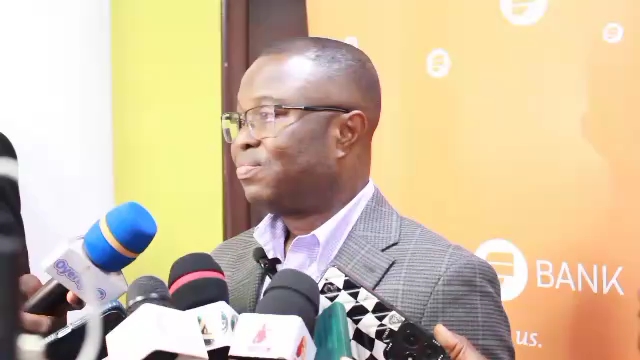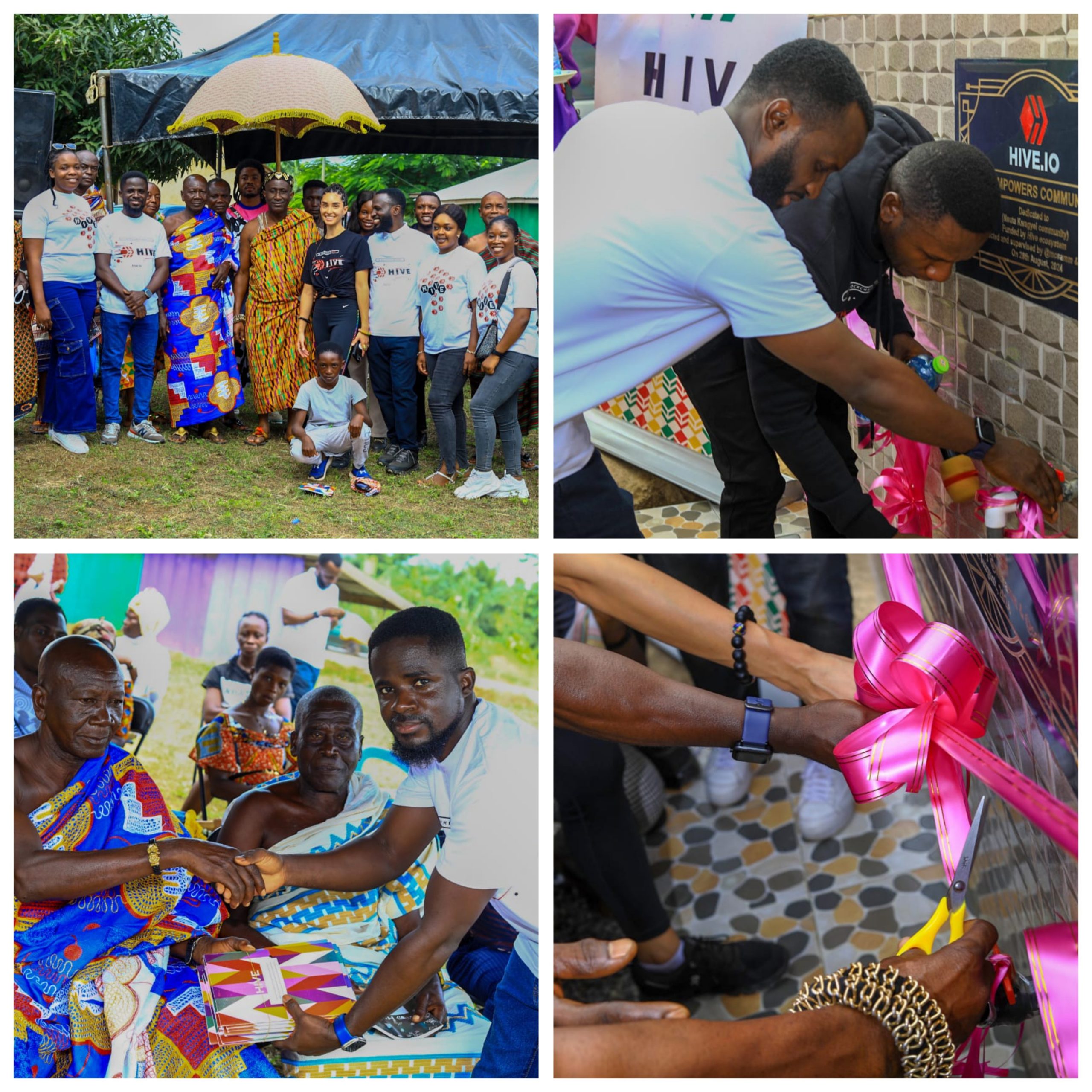Cyber Vigilance is a Shared Duty — MTN Ghana Rallies Stakeholders to Strengthen National Cyber Resilience

MTN Ghana has reaffirmed its leadership in promoting digital safety and responsible technology use by spearheading a national dialogue on cybersecurity awareness. The telecommunications leader is urging a unified effort among individuals, institutions, and government agencies to ensure a safer and more secure digital environment for all Ghanaians.
The event, held under MTN’s Bright Conversations series, brought together some of the nation’s most influential cybersecurity experts, policymakers, and industry figures to discuss Ghana’s growing exposure to digital risks and the urgent need for collective vigilance. The theme of the discussion centered on fostering a resilient national cybersecurity culture that responds effectively to the evolving dynamics of digital threats.

The forum was moderated by Jacqueline Hanson-Kotei, Senior Manager for Enterprise Information Security and Governance at MTN Ghana, and featured two distinguished panelists from the Cyber Security Authority (CSA): Mr. Isaac Socrates Mensah, Senior Manager at the CSA, and Mr. Seth Gyapong-Oware, Senior Manager for Legal and Compliance. Their insights shed light on the increasing sophistication of cybercriminals and the central role of human awareness in mitigating risks.

In his address, Mr. Mensah noted that Ghana’s cyber threat landscape has changed dramatically over the years, with human error and social manipulation now being the major drivers of cyber incidents. “Cybercriminals are no longer just exploiting system weaknesses—they are exploiting people,” he said. “Most victims are tricked into revealing sensitive information or clicking on malicious links, and that is where most of the damage begins.”
He explained that the CSA is working closely with mobile network operators to enhance data verification systems and combat SIM-related fraud. Plans are also far advanced for a new SIM re-registration exercise that will align user data with Ghana’s national digital ID system, ensuring more accurate identity verification and reducing fraud risks.
Mr. Mensah also announced that a major reform—the device-SIM linking framework—is under development. This system will ensure that any device used for cybercrime is blacklisted and rendered permanently unusable across all telecommunications networks. “We want to make cyber fraud expensive, unattractive, and ultimately impossible,” he emphasized.
He further advised entrepreneurs, startups, and small business owners to integrate cybersecurity protocols into their business models from the outset. “Security should not be an afterthought,” he said. “In today’s interconnected economy, every business, no matter how small, depends on digital platforms, and ensuring the safety of those platforms is essential for long-term survival.”
Mr. Mensah also sounded an alarm on the growing exposure of children to online exploitation and manipulation, calling on parents to take an active role in their children’s digital lives. He highlighted several cases of artificial intelligence-driven manipulation that have targeted young users and stressed the importance of digital literacy at the family level. “Parents must understand the importance of monitoring and guiding their children’s online activities. Digital parenting is now as important as traditional parenting,” he remarked.
Contributing to the discussion, Mr. Seth Gyapong-Oware underscored that cybersecurity must be seen as a shared responsibility requiring coordinated efforts among regulators, service providers, educators, and the general public. “Cybersecurity is not just about enforcement—it’s about cooperation,” he said. “Threats in cyberspace have no borders, and that is why partnerships are essential. Everyone, from government institutions to ordinary citizens, has a part to play.”
He reaffirmed the government’s commitment to Ghana’s National Cybersecurity Agenda, which focuses on policy reform, institutional capacity building, and cross-border collaboration to strengthen the nation’s cyber defenses.
MTN Ghana, on its part, reiterated its commitment to advancing cybersecurity education and awareness through its Bright Conversations platform and other public engagement initiatives. The company emphasized that cybersecurity is a shared duty, requiring all stakeholders to remain alert and informed in an increasingly digitalized world.
“At MTN, we believe digital safety is a shared responsibility,” the company stated. “We remain dedicated to working with the Cyber Security Authority and all relevant partners to protect our customers, empower the public with knowledge, and build a digitally secure Ghana.”
By hosting such high-level dialogues, MTN Ghana continues to position itself as not only a telecommunications provider but also a vital national partner in the country’s pursuit of a secure, responsible, and inclusive digital future. The company’s ongoing commitment to promoting cyber awareness and fostering national collaboration underscores its role in strengthening public trust and advancing Ghana’s vision of a resilient digital economy.





